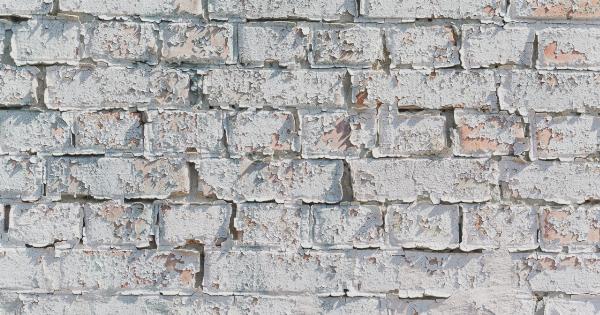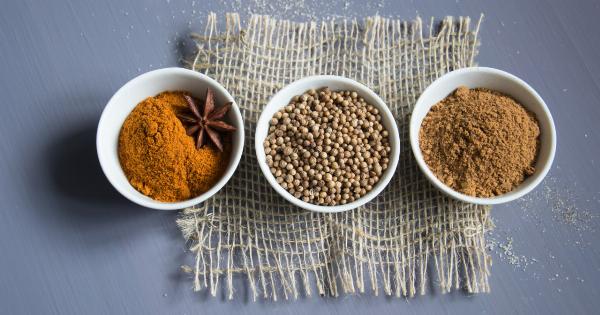Sleep is an essential part of life. It helps your body and mind to relax and rejuvenate after a long day. The amount and quality of sleep you get each night can have a significant impact on your health and overall well-being.
Many factors can affect your sleep, including your diet. What you eat and drink can have a significant impact on how well you sleep at night. In this article, we’ll explore how your diet affects your sleep, and what you can do to improve it.
1. Caffeine
Caffeine is a stimulant that is found in many foods and drinks, including coffee, tea, soft drinks, and chocolate. Drinking caffeine can help you stay alert and focused during the day, but consuming it too close to bedtime can keep you awake at night.
Experts recommend avoiding caffeine for at least six hours before bedtime. If you are sensitive to caffeine, you may need to avoid it altogether.
2. Alcohol
Many people believe that a nightcap can help them sleep better, but the reality is that alcohol can have a negative impact on your sleep. While alcohol can help you fall asleep faster, it can disrupt your sleep later in the night.
Alcohol inhibits REM sleep, which is essential for a good night’s rest. If you want to enjoy a drink, try to have it earlier in the evening and limit your intake.
3. Sugar
Sugar is found in many foods, and it can have a significant impact on your sleep. Sugar can cause energy spikes and crashes, which can disrupt your sleep cycle. It can also lead to weight gain, which can also affect your sleep.
Experts recommend limiting your sugar intake, especially in the evening hours.
4. Spicy foods
Spicy foods can cause indigestion and heartburn, which can make it difficult to fall asleep and stay asleep. It’s best to avoid spicy foods close to bedtime if you have trouble sleeping.
5. Fatty foods
Fatty foods can be difficult to digest, which can cause discomfort and disrupt your sleep. It’s best to avoid fatty foods close to bedtime if you have trouble sleeping.
6. Water
Drinking enough water is essential for overall health, but it can also affect your sleep. If you drink too much water close to bedtime, you may need to get up in the middle of the night to use the bathroom, which can disrupt your sleep.
Experts recommend drinking enough water throughout the day, but limiting your intake in the evening hours.
7. Protein
Protein is an essential nutrient that can help you feel full and satisfied, which can promote better sleep. However, eating too much protein close to bedtime can cause discomfort and disrupt your sleep.
It’s best to eat a balanced meal with protein, carbohydrates, and healthy fats a few hours before bedtime to promote better sleep.
8. Magnesium
Magnesium is an essential mineral that can help you relax and fall asleep faster. Magnesium can be found in many foods, including dark leafy greens, nuts, and whole grains.
Experts recommend consuming enough magnesium in your diet to promote better sleep.
9. Melatonin
Melatonin is a hormone that regulates sleep-wake cycles. Melatonin supplements are often used to promote better sleep, but you can also find melatonin in foods such as tart cherries, walnuts, and oats.
Consuming these foods can help boost your body’s natural production of melatonin and promote better sleep.
10. Carbohydrates
Carbohydrates are an essential nutrient that can help you feel full and satisfied, which can promote better sleep. Eating too many carbohydrates close to bedtime can cause spikes in blood sugar, which can disrupt your sleep.
It’s best to eat a balanced meal with protein, carbohydrates, and healthy fats a few hours before bedtime to promote better sleep.





























